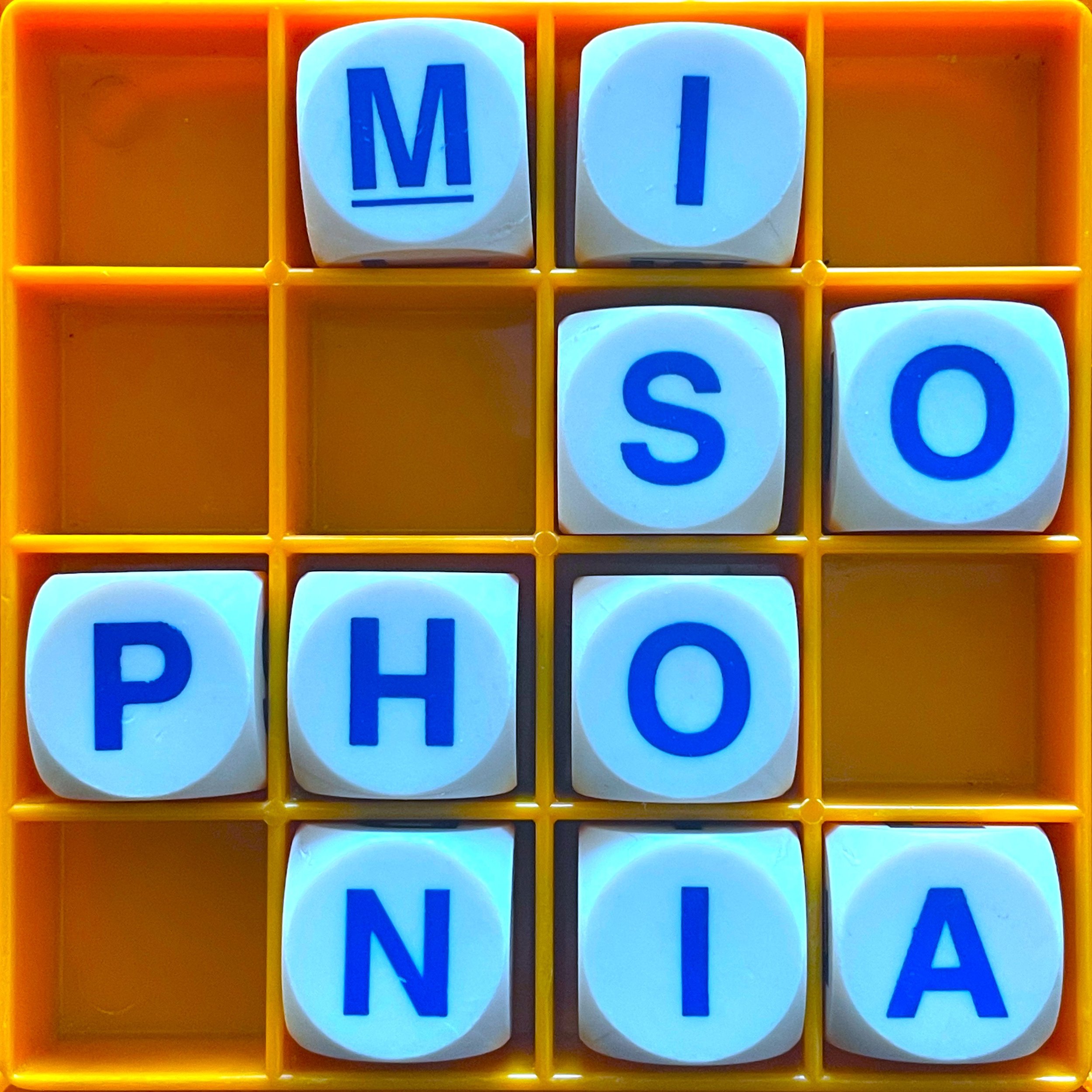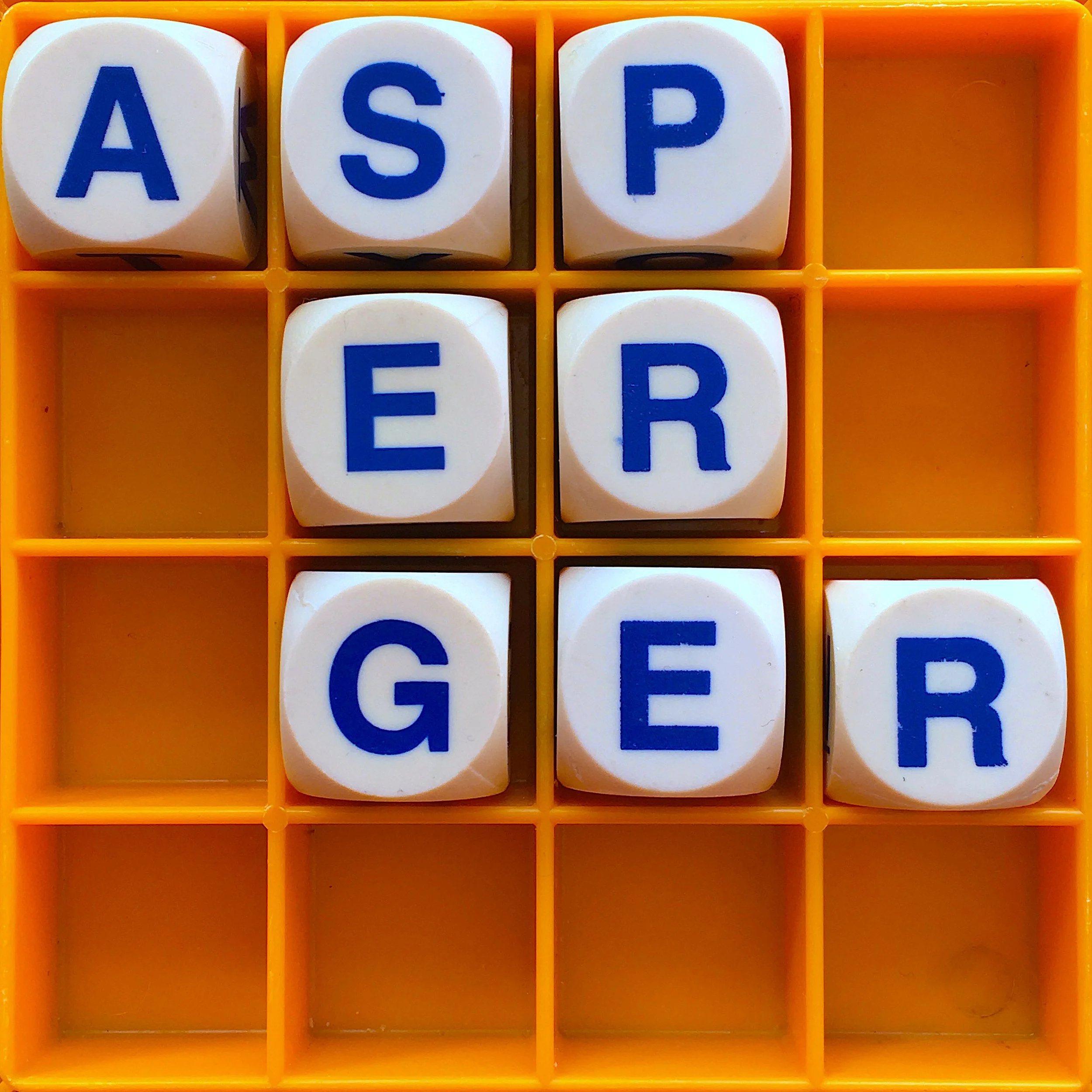The word 'misophonia' describes a condition that statistically, 20 per cent of you have: an extreme reaction to certain sounds. "For me, it was a relief to have a word for what I'd been experiencing," says Dr Jane Gregory, author of the new book Sounds Like Misophonia: How to Stop Small Noises from Causing Extreme Reactions, "because I thought for a long time that I was really uptight or maybe a bit controlling over other people, and that that was a problem with my character, as opposed to it actually being a problem with the way that my brain processes sounds." Jane offers advice for handling misophonia, including some very simple verbal techniques.
Read moreAllusionist 167. Bonus 2022
What do the hippocampus, homophones, Little Women, worrying and egg hacks have in common? They all star in the 2022 parade of Allusionist bonus bits! This year's guests provide some extra fascinating facts, thoughts and feelings: in order of reappearance, Jing Tsu, Morénike Giwa Onaiwu, Tim Clare, Stephanie Foo, Lewis Raven Wallace, Charlotte Lydia Riley, Hannah McGregor, Kristen Meinzer and Jolenta Greenberg.
Read moreAllusionist 152. Asperger
Hans Asperger would have been merely "a footnote in the history of autism", so why did he get to be the eponym in Asperger's syndrome? Because along with the usual problems medical eponyms pose, and his work not really earning him the honour, he collaborated with Nazis and sent children to a hospital where they would be experimented on and even killed.
Activist, writer and academic Morénike Giwa Onaiwu discusses the stigma around terms like Asperger’s syndrome and autism, and historian Edith Sheffer talks about Hans Asperger and child psychiatry in Nazi Vienna.
Read more


